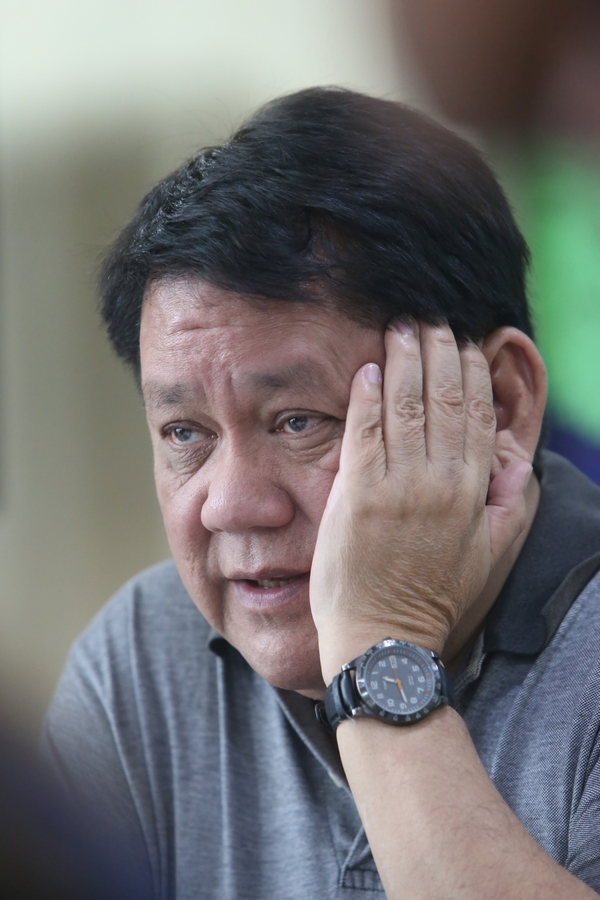Learning that the long-delayed Bus Rapid Transit (BRT) project was finally cleared for resumption was the “best birthday present” he received, Cebu City Mayor Tomas Osmeña said.
Osmeña, who lobbied for the BRT since the 90s, celebrated his 70th birthday last Thursday, July 26 or a day before the National Economic Development Authority’s (NEDA) investment coordination committee approved the project.
“This is long overdue. We are losing millions every month in interest fees because of a failure to implement it. At least now the decision has been made. Late is far, far, better than never,” the mayor said.
The approval came with the Department of Transportation (DOTr) promising to fast track the BRT’s implementation as part of its so-called Metro Cebu Integrated Inter-Modal Transport System (MCIITS).
Transportation Secretary Arturo Tugade confirmed that the Bus Rapid Transit (BRT) project will resume with some modifications. At right, an aerial night time view of the Fuente Osmeña circle which is part of the BRT route. CDN Photos/Junjie Mendoza
The MCIITS consists of a BRT, a point-to-point (P2P) bus system, a monorail and a Light Rail Transit (LRT) system and was intended to address the growing traffic congestion in Metro Cebu.
“The Cebu BRT will be implemented along the length and alignment only deemed feasible by the DOTr, as studies on this Integrated and Intermodal Transportation System is being finalized by the DOTr,” Tugade said.
Tugade said they will be ‘immediately engaging’ the services of the Technical Support Consultant (TSC), which is considered a vital component on implementing the P17-billion project.
“The TSC will assist in resolving critical sections of the corridor, and in preparing a comprehensive catch-up plan to achieve the project’s Phase 1 interoperability by June 2021,” Tugade said.
“DOTr shall (also) ensure that the Neda-ICC Core Secretariat will be furnished with progress reports for project monitoring,” he said.
Pernia confirmed last Friday that the Neda-ICC approved for the second time the BRT’s implementation.
The committee, chaired by Finance Secretary Carlos Dominguez III, greenlighted the project in August 2017.
But DOTr, its lead, implementing agency, expressed reservations on implementing the BRT.
The agency cited narrow roads, continued increase in the volume of vehicles and the delays it incurred as reasons for canceling the project.
The DOTr’s delays in implementing the BRT was among those flagged by the Commission on Audit (COA) in its audit report of the agency.
